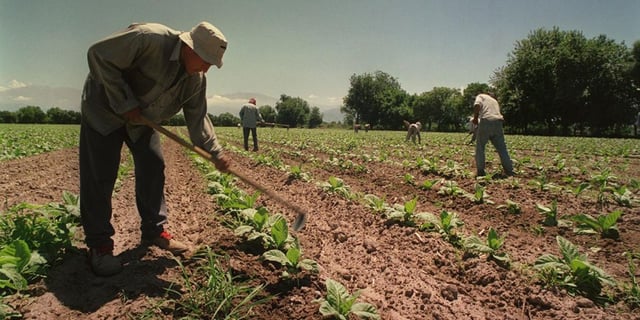Overview
- Observed each Oct. 8, the day commemorates the 1944 Estatuto del Peón de Campo enacted by Decree 28.169.
- Resolution 7 of 2004 formally set the observance within the National Agrarian Labor Regime, granting a holiday to covered workers.
- The 1944 statute established guarantees including pay in national currency, a ban on unlawful deductions, minimum wages, mandatory rest, decent lodging and food, work clothing, medical care and paid vacations.
- The national registry Renatre highlights the measure’s importance in expanding rights and organizing agricultural work in Argentina.
- Later updates to the framework, notably the 2011 Agrarian Labor Law (26.727), set an eight-hour day and 44-hour week, recognized overtime and strengthened hygiene and safety standards.



